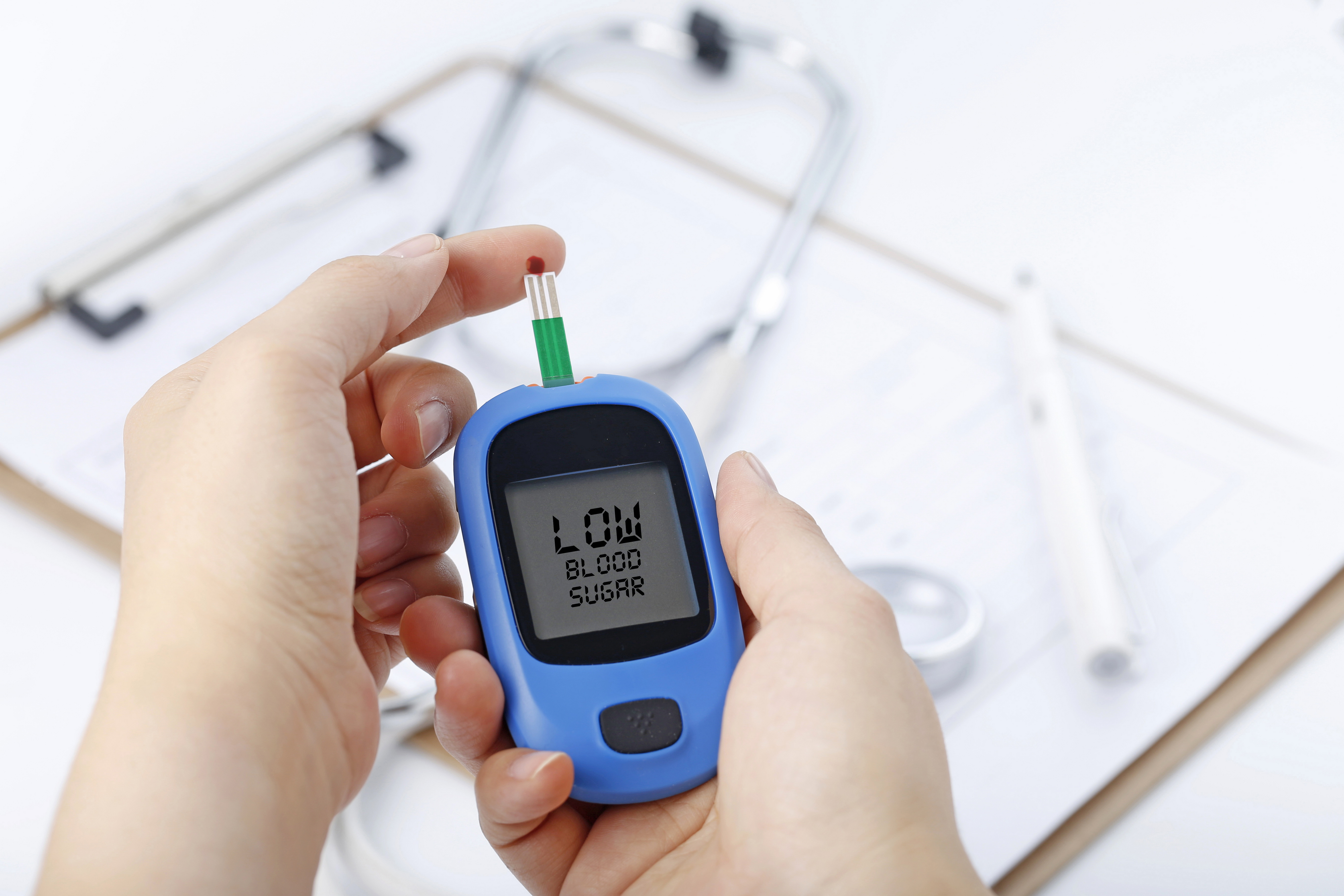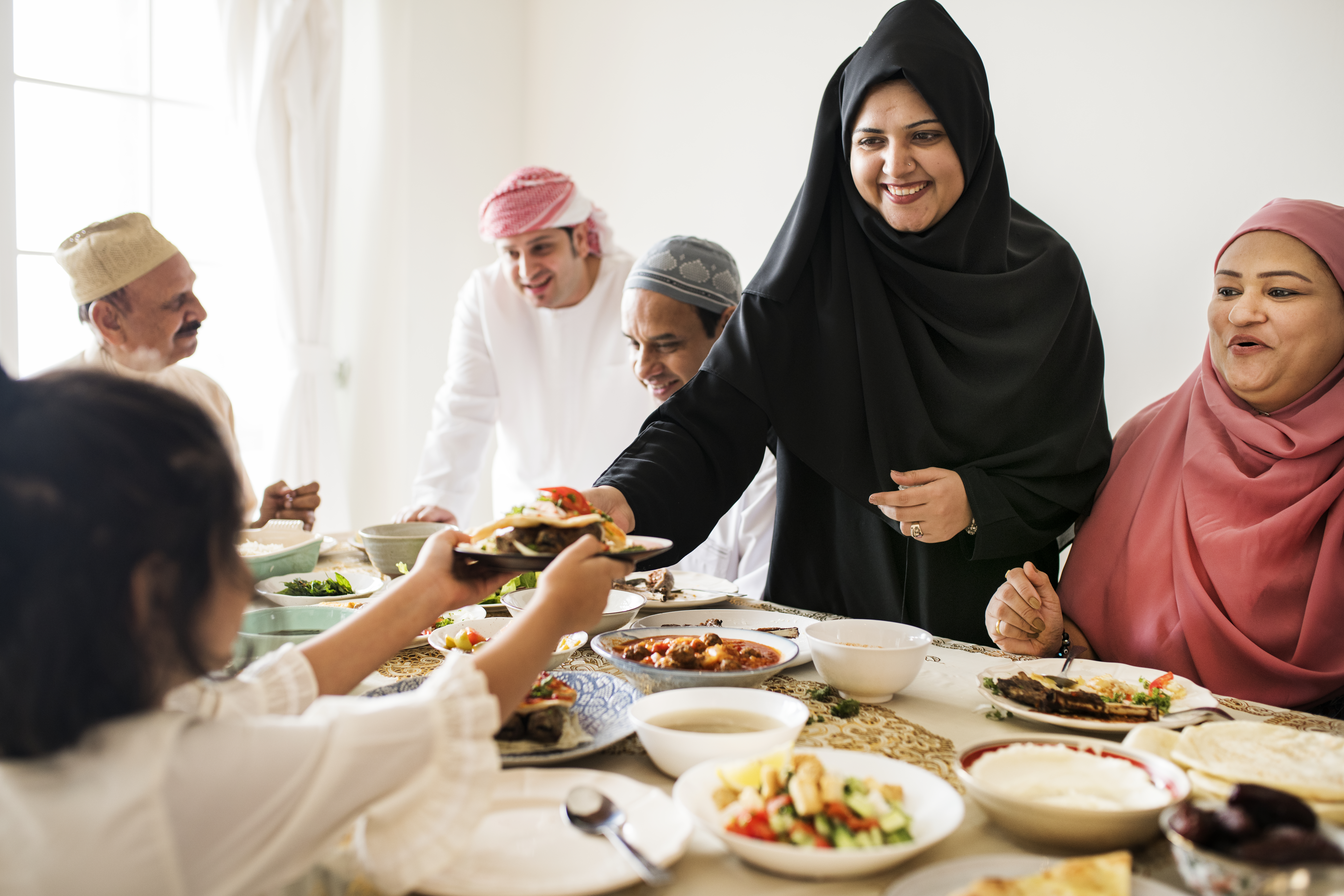Ramadan is a significant religious period for Muslims worldwide, and it entails fasting from dawn to dusk. While fasting is an integral part of Ramadan, it can pose serious health risks to people with certain medical conditions, particularly those with […]
Manage Your Diabetes During Ramadhan: Benefits and Tips
During Ramadan, the Islamic calendar’s ninth month, Muslims fast from dawn to sunset. While fasting has many spiritual and physical benefits, it can be difficult for people with diabetes. People with diabetes, on the other hand, can safely fast during […]
Benefits Of Physical Activity During Ramadhan for Diabetes Patients
Physical activity is critical for diabetics because it helps control blood glucose levels, reduces insulin resistance, and reduces the risk of long-term complications. During Ramadan, physical activity can help diabetics maintain healthy blood glucose levels, reduce the need for medication, […]
Ramadan Diabetes Nutrition: Top Tips & Simplified Plate Method
Fasting during Ramadan can be difficult for diabetics, especially when deciding what foods to eat at Sahor and Iftar. To effectively manage your diabetes during Ramadan, choose healthy and nutritious foods that will keep you full and energized throughout the […]
Your Ultimate Guide to Ramadhan Fasting: Answers to Common Questions
Ramadhan is a month-long Islamic holiday that involves fasting from sunrise to sunset. While fasting can have spiritual benefits, it can also lead to a lot of questions and concerns. Here are some common questions about Ramadhan fasting answered: Can […]
How to Avoid Low Energy Levels During Ramadhan Fasting
Ramadhan is a month-long Islamic holiday that involves fasting from sunrise to sunset. While fasting can have spiritual benefits, it can also lead to low energy levels and fatigue. Here are some tips for avoiding low energy levels during Ramadhan […]






